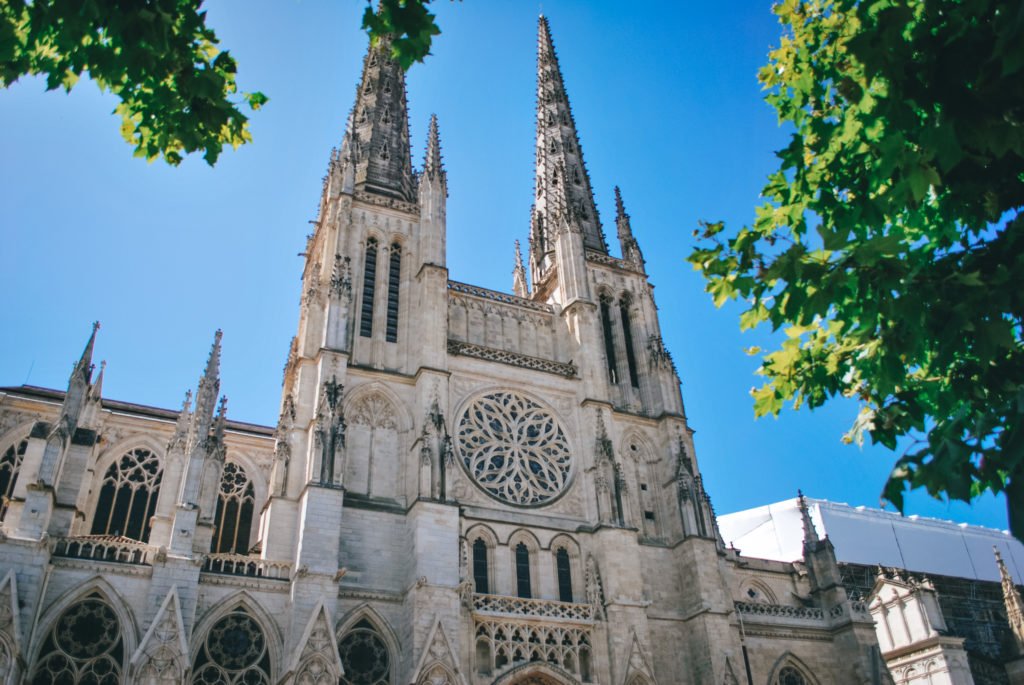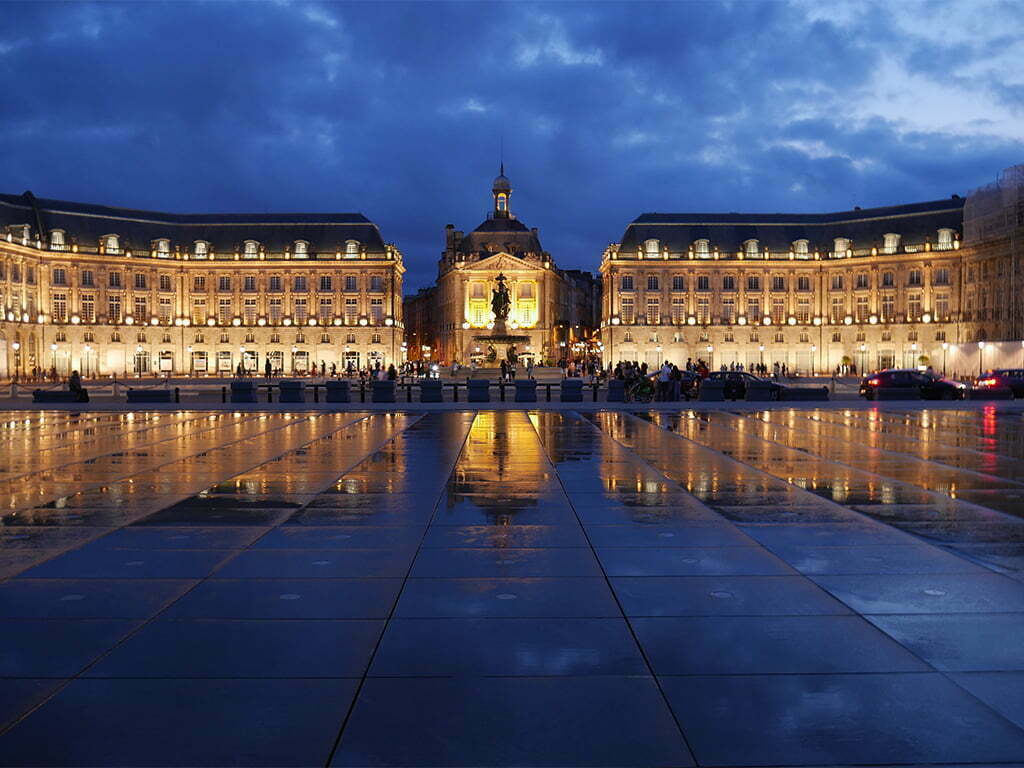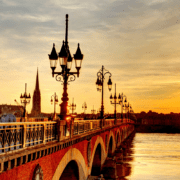
History of Bordeaux
Magical, enchanting, ancient or traditional, there are many adjectives to describe Bordeaux. Its past is as long as it is exceptional, passing through stages ranging from glory to oblivion.
The history of Bordeaux is truly fascinating and here we are going to talk a little more about it. In the end, we need to know a little more about the past in order to appreciate the present and honour its traditions.
Origins of Bordeaux
First of all, you should know that the history of Bordeaux is much older than anyone could imagine. Traces of Neanderthal cavemen have been found here very close to the city centre. This means that it may date back at least 20,000 years.
The site of Bordeaux, as we know it today, was established by the Celts between the 3rd and 4th centuries BC. Later, in the 1st century BC, it became part of the Roman Empire, installed by Julius Caesar.
Early history of Bordeaux
A little later, Bordeaux was the capital of the Roman region of Aquitaine. During this period, most of the fortifications were built, many of which are still standing today. The intention was to defend against Germanic invasions.
The town was ruled by the Dukes of Aquitaine from the 10th century.
In the 12th century, King Henry II of England married Eleanor of Aquitaine. Under his reign, the Gironde area experienced great development and economic prosperity. The exploitation and export of wine began, especially to the English market.
A little later, between the 13th and 14th centuries, the Bastides were founded in the southwest of France, mainly for political and economic reasons. With this decision, they hoped to increase the area of land available for cultivation and to support the growing population.
However, not everything went according to plan. The importance of these urban centres became increasingly military and tension between England and France was growing.
In addition to this feudal style of government, the bastides were also defined by the layout of the town. They were mainly square in shape with streets that dissected at right angles. It was something of a tradition that the market place was set up in the central square.
The expansion of this specific area was largely halted by the Hundred Years’ War. At that time, the city of Bordeaux and its surroundings came under complete French rule. This French colonial expansion brought with it the opening of new trade routes, both to Africa and across the Atlantic.
The French victory over the English in 1453 at Castillon is still celebrated and re-enacted today.
Contemporary history of Bordeaux
In the 18th century, many of the medieval ramparts that once stood in the city were demolished. They were replaced by ornamental buildings and majestic squares.
With the establishment of the Empire, the city of Bordeaux expanded and experienced a period of great prosperity in the 18th century. In fact, it became one of the main commercial ports, as well as one of the richest in France.
In the 19th and 20th centuries, export business flourished extensively, especially because of its geographical location. Of course, wine, followed by cereals and tobacco were among the main goods to be traded.
During World War I and II, Bordeaux was the seat of the French government. However, during the last war the Germans occupied the city as well as the Atlantic coastal region of the country. This remained the case until 1944, when, as you may know, they were defeated by the Allies.

Bordeaux Today
At the end of the 20th century, the city entered a period of profound restoration and reform. This activity was driven by Mayor Alain Juppe, who focused especially on the riverside area.
A new tramway was installed, abandoned parks were renovated and new green areas were inaugurated. The buildings were also renovated and refurbished, and tourist areas such as the water mirror were created.
Wine is still a fundamental part of the economy, both in terms of exports and tourism. As you may know, there are museums and other centres of interest.
Bordeaux’s heritage
Today, Bordeaux offers many heritage sites for tourists, such as:
Place de la Bourse
Built between 1730 and 1775, the project was designed by the royal architect Ange Jacques Gabriel. It marked a break between the medieval Bordeaux, surrounded by ramparts, and the one that opened the way to modernity.
The Mirror of Water
It is located opposite the Place de la Bourse. One of the most popular attractions in the city, it is also the largest in the world, with a total surface area of 3,450 m².
National Customs Museum
It was inaugurated in 1984. Here you can observe the history of customs and France in general.
Saint André Cathedral in Bordeaux
It has a gothic style and is considered as the most important of the city. It was declared a World Heritage Site in 1998 as it is part of the Pilgrim’s Way to Santiago de Compostela. It was built at the end of the 11th century, although it was consecrated in 1096 by Pope Urban II.
The Great Theatre
It was built between 1783 and 1780, designed by the architect Victor Louis. It has a neoclassical style. It is crowned by 12 statues on the ceiling representing the nine muses and three goddesses: Juno, Minerva and Venus.
The medieval gates
There are six of them and they date back to medieval times. These were the entrances to the city when it was surrounded by the city walls.
The Cité du Vin
The Cité du Vin is the city of wine and serves as a tribute to wine. Wine is part of the culture and economy of the city. Here you can access this wonderful amusement park, as well as an exhibition hall, wine tastings and more.
Discover Bordeaux’s curiosities on a free tour
There is no minimum or maximum number of days to enjoy this wonderful city. You can always find places to visit and activities to do. That’s why a free tour can be a great alternative.
Moreover if you want to stand out of the typical path we recommend you to take a look at out Modern to Medieval Bordeaux Free Tour so as to get a wider pespective.
Apart from the fact that they can help you create an itinerary adapted to your interests, they also give you the possibility to enjoy it in your own language and with local guides. Some of them, as well as knowing the history, have witnessed it themselves.




